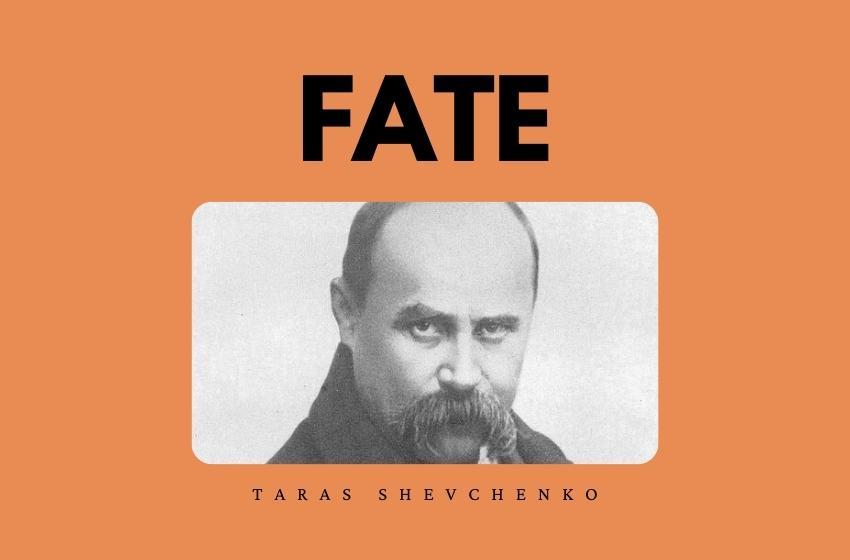The two friends, Ilya Ilf and Evgeny Petrov, were born in Odessa, the humor capital of the Russian Empire (now Ukraine). This southern city on the Black Sea has arguably been, and still is, associated with more urban myths and legends than real stories. Thieves and resourceful conmen are the object of secret admiration and pride in Odessa, and the stuff of legends.
The editors of the illustrated fortnightly The Cause of Adventure complained of a shortage of good stories capable of capturing and holding the attention of young readers.
There was no lack of manuscripts, but none of them was quite up to the mark. There was too much slobbering seriousness in them. To tell the truth, they were more likely to cast gloom upon the spirit of the young reader than to capture it. And that was what the editors wanted—to capture and to hold.
Finally, they decided to commission a serial novel.
A messenger was dispatched posthaste with a note to the writer Moldavantsev; and on the very next day, Moldavantsev was sitting on the plump sofa in the editor’s office.
“You understand,†the editor explained, “the story must be entertaining, fresh, full of interesting adventures. In short, it must be a Soviet Robinson Crusoe. A story the reader won’t be able to put down until he finishes it.â€
“Robinson Crusoe, hmm? It can be done,†the writer pronounced laconically.
“Not simply a Robinson, but a Soviet Robinson.â€
“What else? Not a Rumanian one, surely!†The writer was not a man to waste words. It could be seen at once that he was a man of action.
And, indeed, the novel was ready on the dot. Moldavantsev did not depart too far from the illustrious original. A Robinson is a Robinson.
And so, a Soviet youth is shipwrecked. A wave casts him up on a desert island. He is alone, defenseless in the face of mighty nature. He is beset by dangers: wild animals, lianas, the coming rainy season. But the Soviet Robinson, full of zest and energy, overcomes all the seemingly insuperable obstacles. Three years later a Soviet expedition finds him, in blooming health. He has conquered nature, built a cottage, surrounded it with a ring of green gardens, bred rabbits, sewed for himself a Tolstoy blouse of monkey tails, and taught a parrot to wake him every morning with the words, “Attention! Throw off your blanket! Throw off your blanket! We shall now begin our morning calisthenics!â€
“Very good,†said the editor.
“And that touch about the rabbits is excellent. Most topical. But, you know, I am not too clear about the underlying idea of the work.â€
“Man’s struggle with nature,â€
Moldavantsev declared with his customary brevity.
“Yes, but there’s nothing specifically Soviet here.â€
“And what about the parrot? He takes the place of our radio. An expert announcer.â€
“The parrot is good. And the ring of gardens is good. But somehow one doesn’t sense the Soviet public spirit. Where, for example, is the local committee? And what about the leading role of the trade unions?â€
Moldavantsev suddenly came to life. The moment he saw that his novel might be rejected, his reserve vanished. He became eloquent.
“But how can you have a local committee? The island is uninhabited!â€
“Very true, it is uninhabited. But there must be a local committee. I am not a literary artist, but if I were you, I would bring it in. As a Soviet element, you know.â€
“But the whole plot is built around the fact that the island is unin—â€
At this point, Moldavantsev glanced up into the editor’s eyes and broke off. The eyes were of such springlike, vacuous innocence, there was nothing in them but the emptiness and blue of an early March sky. Moldavantsev decided to accept a compromise.
“Come to think of it, you’re right,†he said, raising his shoulders.
“Of course! Why didn’t I think of it at once? I’ll have two men rescued from the shipwreck: our Robinson and the chairman of the local committee.â€
“And also two committee members,†the editor added coldly.
“Oi!†squealed Moldavantsev.
“Never mind ‘oi’! Two members—and one girl activist, to collect membership dues.â€
“But what do we need the dues collector for? From whom will she collect?â€
“From Robinson, of course.â€
“The chairman can collect from Robinson. It won’t do him any harm.â€
“Now you’re mistaken, Comrade Moldavantsev. This is absolutely inadmissible. The chairman of the local committee must not waste his time on trifles and run around collecting dues. We are fighting against such things. He must concentrate on the serious work of leadership.â€
“All right, we’ll have the collector, too,†Moldavantsev yielded.
“In fact, it will be better so. She will marry the chairman—or even Robinson. It will make the book livelier.â€
“No. You must avoid cheap vulgarity and unwholesome eroticism. Just let her collect her membership dues and keep them in a fireproof safe.â€
Moldavantsev began to fidget on the sofa.
“But, if you don’t mind, how can there be a fireproof safe on a desert island?â€
The editor pondered the problem.
“Wait, wait!†he exclaimed. “You have a marvelous passage in the first chapter. Together with Robinson and the members of the local committee, the wave casts up a number of things …â€
“An ax, a rifle, a compass, a keg of rum, and a bottle of antiscorbutic medicine,†the writer enumerated triumphantly.
“Cut out the rum,†said the editor quickly. “And then, what’s that bottle of antiscorbutic for? Who needs it? Better make it a bottle of ink! And a fireproof safe. That’s a must!â€
“You and your safe! The dues can be kept in a hollow in a baobab tree. Who will steal them?â€
“What do you mean ‘who? What about Robinson? And the local committee chairman? And the members? And the store commission?â€
“The commission was also rescued?†Moldavantsev asked anxiously.
“It was.†A silence followed.
“Perhaps the wave cast up a table, too? So they could hold their meetings around it?†the author asked sarcastically.
“Ab-so-lute-ly! People must be provided with proper working conditions. Let’s say, a pitcher of water, a bell, a tablecloth. The tablecloth can be of any kind—red, green. I’m not one to interfere with the work of the creative artist. But this, my friend, is our first and foremost task: we must show the reader a picture of the masses, the broad strata of the laboring people.â€
“A wave cannot cast up any masses.†Moldavantsev was suddenly obstinate.
“A wave cannot cast up any masses.†Moldavantsev was suddenly obstinate.
“This is entirely at odds with the plot. Imagine! A wave suddenly casting up thousands of people on the shore! Who ever heard of such a thing?â€
“And, then, we must also have some healthy, optimistic, life-affirming laughter,†interposed the editor.
“That can never do any harm.â€
“No! A wave cannot do it.â€
“A wave? Why a wave?†the editor asked with astonishment.
“How else could the masses get to the island? After all, it’s uninhabited!â€
“Who told you it’s uninhabited? You confuse me. No, no, everything is clear. There is this island. Or, still better, a peninsula —it’s more secure somehow. And a number of entertaining, fresh, interesting adventures take place on it. Trade-union work is carried on. Sometimes inefficiently. The girl activist exposes some shortcomings, let’s say, in the collection of membership dues. She is supported by the wide masses. And the repentant chairman. At the end, you can have a general meeting. This will be very effective—in a literary sense. And that’s it!â€
“And Robinson?†mumbled Moldavantsev.
“Oh, yes, I am glad you reminded me. Throw him out altogether. A preposterous, totally indefensible figure of a whining pessimist.â€
“I see. Now everything is clear,†said Moldavantsev in a sepulchral voice.
“You’ll have the story tomorrow.â€
“That’s all, then. Go home and create. And, incidentally, you began with a shipwreck. Let’s leave out the shipwreck. The story will be much more engrossing without it. Right? Fine. Good-bye.â€
When he was alone, the editor laughed gleefully.
“At last,†he cried, “at last I will have a real adventure story—and a most creditable work of art at that!â€
1933
Translated by Mirra Ginsburg





















